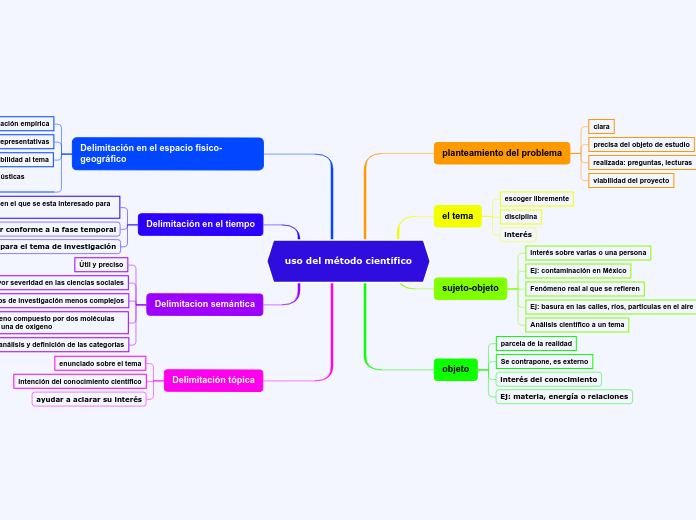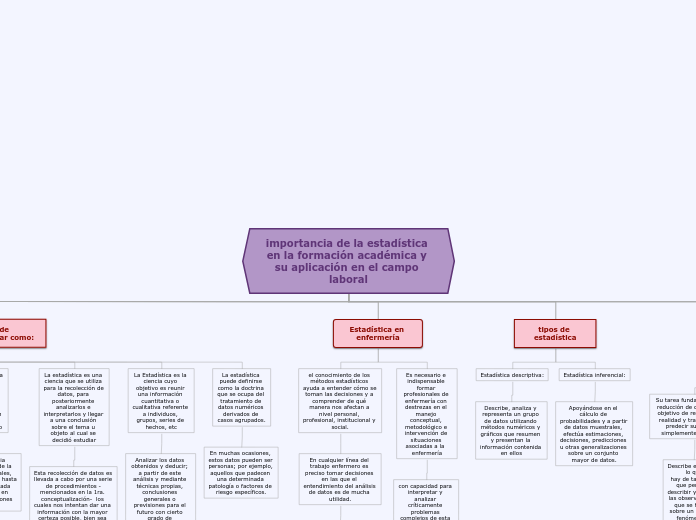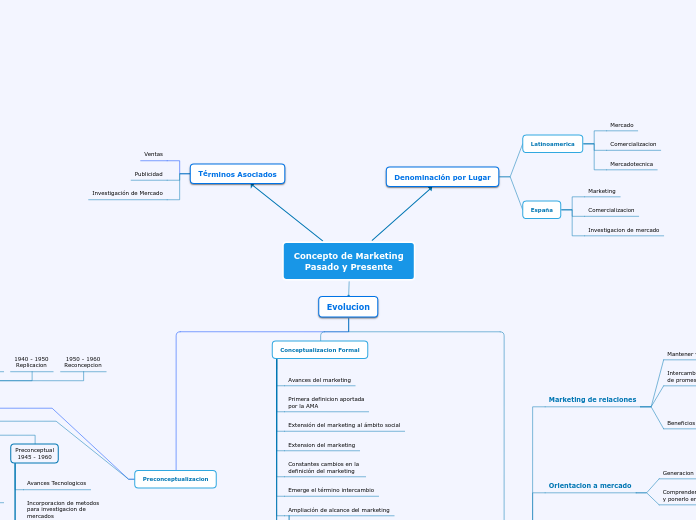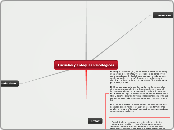uso del método científico
The part of speech is a category to which a word is assigned according to its syntactic functions. In English the main parts of speech are noun, pronoun, adjective, determiner, verb, adverb, preposition, conjunction, and interjection.
Delimitación tópica
A conjunction is a word like 'if' 'but' or 'and' which is used to connect sentences or clauses together.
ayudar a aclarar su interés
intención del conocimiento científico
Subordinating conjunctions are conjunctions that are used at the beginning of subordinate clauses. Some examples of these conjunctions are: although, after, before, because, how, if, once, since, so that, until, unless, when etc.
enunciado sobre el tema
Coordinating conjunctions always connect phrases, words, and clauses. They are: for, and, nor, but, or, yet, so.
Delimitacion semántica
A preposition is one of the most exciting parts of grammar. A preposition is used to describe the location of something in relation to something else.
análisis y definición de las categorías
A group of words used with the force of a single preposition is called phrase preposition.
Ej: H2O, fenómeno compuesto por dos moléculas de hidrógeno y una de oxigeno
Participle preposition consists of words that end in “ing”.
objetos de investigación menos complejos
When a preposition consists of more than one word, it is called double preposition.
mayor severidad en las ciencias sociales
Compound preposition consists of two or more words.
Útil y preciso
When a preposition consists of one word it is called single or simple preposition.
Delimitación en el tiempo
An interjection is used to express emotion in a sentence.
Think of other interjections!
necesario para el tema de investigación
Delimitar conforme a la fase temporal
tiempo del objeto en el que se esta interesado para el análisis
Delimitación en el espacio físico-geográfico
An adverb is used to describe a verb, but it can also describe an adjective or another adverb.
Adverbs normally help paint a fuller picture by describing how something happens.
Ej: problema del aborto en México, acústicas universitarias
The intensifiers strengthen adverbs adjectives and adverbs and down- toners make them weaker.
accesibilidad al tema
encuestas representativas
investigación empírica
objeto
An article is a word used to modify a noun, which is a person, place, object, or idea. Technically, an article is an adjective, which is any word that modifies a noun.
Ej: materia, energía o relaciones
interés del conocimiento
Se contrapone, es externo
Indefinite articles are the words 'a' and 'an.' Each of these articles is used to refer to a noun, but the noun being referred to is not a specific person, place, object, or idea. It can be any noun from a group of nouns.
parcela de la realidad
It refers directly to a specific noun or groups of nouns.
sujeto-objeto
A pronoun is a word that can be used in place of a noun, typically after the noun itself has already been stated.
Análisis científico a un tema
Interrogative pronouns are used in questions. Although they are classified as pronouns, it is not easy to see how they replace nouns. Who, which, what, where, and how are all interrogative pronouns.
Ej: basura en las calles, ríos, partículas en el aire
Reciprocal pronouns are used for actions or feelings that are reciprocated. The reciprocal pronouns are each other and one another.
Fenómeno real al que se refieren
A reflexive pronoun ends with ...self or ...selves and refers to another noun or pronoun in the sentence (usually the subject of the sentence). The reflexive pronouns are myself, yourself, herself, himself, itself, ourselves, yourselves, and themselves.
Ej: contaminación en México
Possessive pronouns are used to show possession. The possessive pronouns are mine, yours, his, hers, ours, and theirs.
interés sobre varias o una persona
The personal pronouns are I, you, he, she, it, we, they. More often than not (but certainly not always), they replace nouns representing people.
el tema
An adjective is a word that's used to describe a specific noun and to provide more detail to the listener.
interés
disciplina
Superlative adjectives demonstrate a higher level of comparison between entities.
escoger libremente
Expresses a comparison between two entities or groups of entities in quality or degree.
planteamiento del problema
A noun is defined as a person, place, thing or idea. Proper nouns always begin with a capital letter. Common nouns, which are general words, such as 'cars,' are not capitalized.
viabilidad del proyecto
Compound nouns are words where two nouns have been stuck together to make a new noun. Compound nouns should be written as one word, without a hyphen.
realizada: preguntas, lecturas
A noun which refers to a group of things/people.
precisa del objeto de estudio
Countable nouns are nouns that can be counted, even if the number might be extraordinarily high.
Uncountable nouns are nouns that come in a state or quantity which is impossible to count; liquids are uncountable, as are things which act
like liquids.
clara
Proper nouns are the names of specific people or places. They should always begin with a capital letter.









